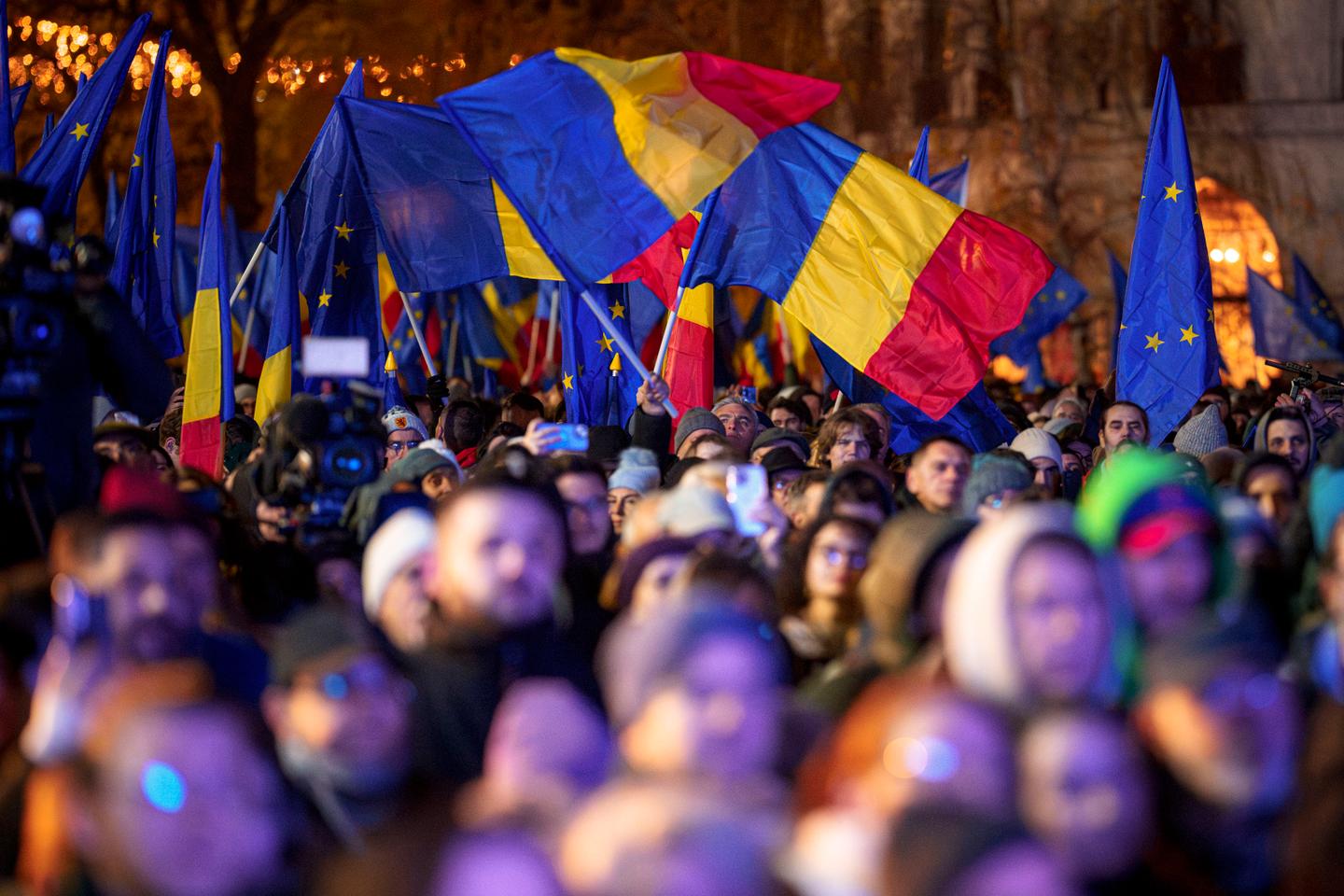


The Romanian presidential election, held on Sunday, November 24 before being canceled on December 6 by the Constitutional Court in Bucharest, was a nightmare scenario for our liberal democracies. Out of nowhere, Calin Georgescu, a conspiracy theorist and pro-Russian candidate – who had promised to abolish political parties – emerged as the frontrunner in the first round, gaining popularity through a meticulously orchestrated interference campaign on TikTok.
Despite the lack of transparency surrounding his CV, inner circle and the origins of the funds that financed his campaign, he was poised to win the second round against a weak pro-European opponent. However, the election was canceled at the last minute due to an electoral process that was "flawed throughout its entire duration and at every stage." This was an extraordinary decision within the European Union, reflecting the unprecedented level of doubt surrounding this election.
For the first time in the age of social media, these most likely "state" actors, according to Romanian intelligence services, successfully manipulated TikTok's algorithms. Within weeks, videos promoting their chosen candidate flooded the phones of the platform's nine million Romanian users, making it the ninth most popular trend worldwide, and turned tens of millions of views into over two million real votes in a country of 19 million people.
Of course, the rise of pro-Russian far-right ideas in Romanian public opinion predates TikTok. As in much of the Western world, a combination of record-high inflation, weariness over the war in Ukraine and anti-establishment sentiment has, for months, created a climate of frustration that has allowed various nationalist political movements to thrive. However, Georgescu's specific success in this fertile breeding ground was anything but organic.
Eyes on Russia
In the weeks leading up to the election and even on the eve of the vote, fake accounts and genuine influencers funded by sources of unclear origin artificially boosted the popularity of this candidate, who conducted almost no real-world campaigning. It was only on the evening of the first round, when he unexpectedly garnered nearly 23% of the vote, that the press and intelligence services scrambled to investigate the campaign of this anti-establishment candidate who had previously remained entirely under the radar.
You have 54.53% of this article left to read. The rest is for subscribers only.
